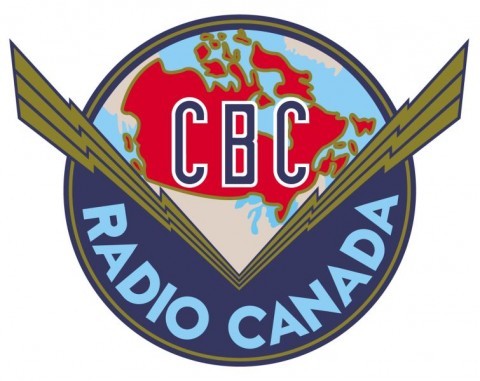
VANCOUVER and MONTREAL – The heads of three private Québec broadcasters have taken exception to comments made by CBC/Radio-Canada president and CEO Hubert Lacroix this week that they claim “mischaracterized” their position on the role of the public broadcaster.
Speaking Tuesday at an event at the University of British Columbia about the Corp’s ongoing transformation, Lacroix all but accused some unnamed Canadian private broadcasters of trying to “undermine” public broadcasting to stave off competition.
“Some private broadcasters have suggested that the solution to their declining revenue is to limit what CBC does for Canadians to some sort of "status quo" or to make us "gap fillers"”, he said in Vancouver. “This view is as short-sighted as it is mistaken.
“There is no such thing as "status quo" anymore. If there's anything we've learned, it's just how fast things are changing. All of us must change.”
A joint statement issued the following day by Groupe Serdy’s Sébastien Arsenault, Groupe V Média’s Maxime Rémillard and Julie Tremblay from TVA Group said that they are, in fact, simply advocating for “a thorough review of CBC/Radio-Canada's mandate” as part of the Canadian culture review announced last month by Heritage Minister Mélanie Joly.
“While we are glad that the government has recognized the need to review Canada's broadcasting model as a whole, including the role of CBC/Radio-Canada, it may soon be too late for the medias we represent”, reads the joint statement. “We are therefore calling not for the maintenance of the status quo but rather a moratorium on the current flurry of announcements to give the government time to keep the promise it made in the budget, to the effect that funding for CBC/Radio-Canada would be accompanied by "a new vision, mandate and accountability plan"."
The “flurry of announcements” includes some 30 programming changes issued by Radio Canada between February and May that the trio characterized as “big-budget variety shows, purchases of American series, and shows featuring A-list stars who command huge salaries”.
“As we have already pointed out, if there is no accountability for the additional $675 million that CBC/Radio-Canada is slated to receive, the already precarious balance between the public broadcaster and the rest of the industry will be destroyed”, continues the broadcasters’ statement. “As no accountability measures have been announced thus far, we cannot help but fear that this funding will be a blank cheque for CBC/Radio-Canada to step up its already ferocious competition against private broadcasters.
“In conclusion, we have always recognized that CBC/Radio-Canada has an important role to play in Canada's broadcasting system but we believe it is legitimate to insist that the public broadcaster should not be trying to outpace the private broadcasters by presenting us with a fait accompli consisting of new programming aggressively designed to expand its footprint in the broadcasting ecosystem at the expense of the other players. We hope our voices will be heard.”
Lacroix, in his speech, seemed to anticipate this reaction.
“Undermining public broadcasting will not help private companies make more money. It won’t help Canadians find out more about what is happening in their communities. It won’t create more great Canadian programs”, he said. “CBC/Radio-Canada is not the problem. But we are part of the solution. Global media conglomerates have little interest in a public space for Canadians. That is not their mission, that's not their business model, and that's okay.”


